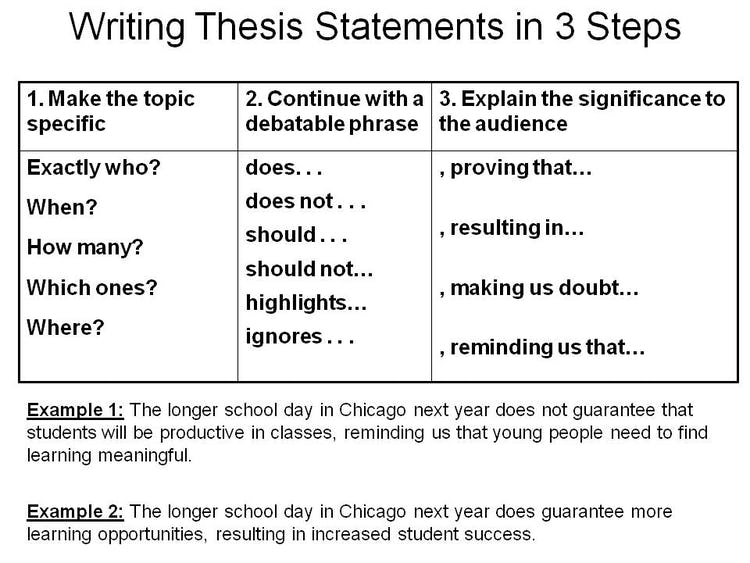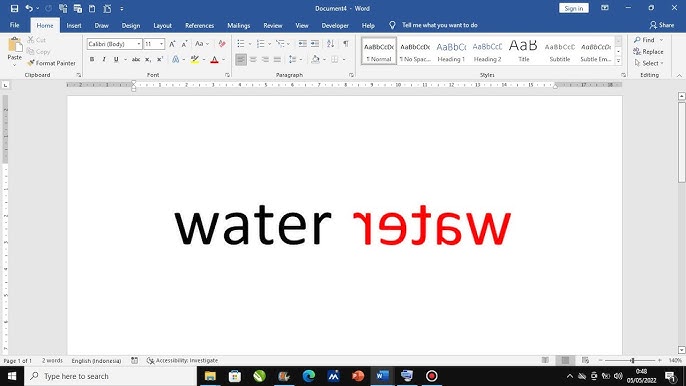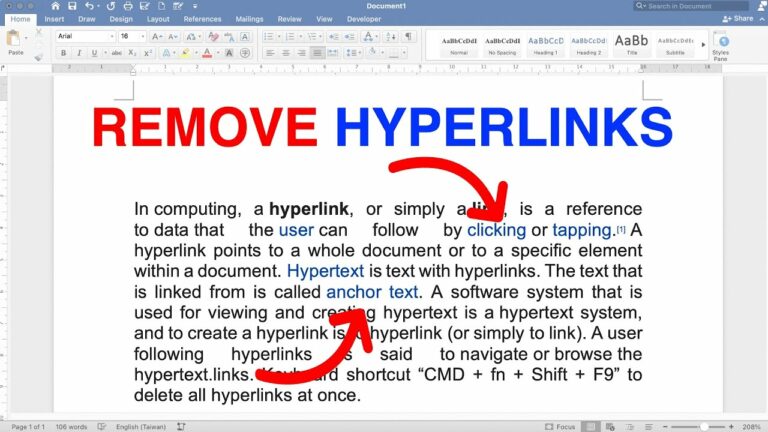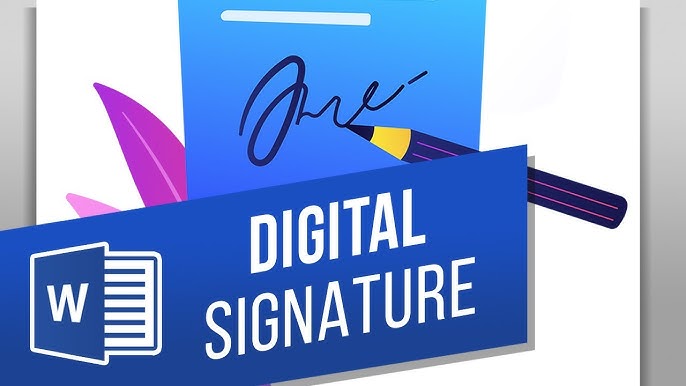It is easier said than done when it comes to writing a good thesis statement. Why, this one focuses on a single sentence for the whole paper and can ruin your assignment just like that. If you need help with the next essay, we have compiled some of the most frequent mistakes people make when choosing their thesis statement and how to avoid them.
What is a Thesis Statement?
Just in case you need a refresher, here’s a quick review:
A thesis statement, as defined by Dictionary.com, is: “a brief phrase of one or two sentences that embodies the writer’s argument in an essay, a research paper and so on and which is then explained with the help of illustrations and proofs in the body of the paper.”
A thesis statement provides a reader with the general subject matter of the given work at the beginning of the assignment. The one that determines and coordinates all other aspects of your thinking on the subject of your research paper.
What is a thesis statement and how do I write one?
Not much could be said about reaching a point of prowess in developing a thesis statement. Thankfully, there are a few things you can use to assist you in the process.
It will be useful to begin by searching for a thesis statement template. This will, therefore, assist one in incorporating all that one is supposed to include.
Here’s a quick example:

Employing an online thesis generator to structure your thesis statement and evidence is also possible. The generator has an input box where you enter the basic information about your argument and topic, and it assists you in developing an excellent thesis statement.
It also helps to examine some examples of thesis statements (positive and negative ones) to understand better how to address some of these problems.
What Sort of Mistakes Do Students Make With Their Thesis Statements?
When you understand the common steps of creating a thesis statement, there are some common mistakes to avoid. Knowing potential mistakes that can be made while writing this particular type of thesis and knowing how to prevent them will strengthen the thesis statement.
1. The Statement is Unclear
Your reader has to infer your purpose the moment he/she sets his/her eyes on your writing. If your purpose is vague or unclear, you have already lost your audience at the onset. You need to identify your topic specifically and express it in basic terms.
2. The Statement is Too Complicated
Usually, when you make a statement that goes on for a long extended out of words than necessary, it positively confuses your reader. They also lower the credibility of the point you wish to convey.
3. The Statement is Too Basic or Obvious
Writing becomes a critical element of school, and as you advance in your level, your writing should also evolve. A good thesis statement that a junior high school student comes up with is not necessarily a good thesis statement that a high school or college student can develop. What working quite blatantly and rudimentarily in the early years is perfectly acceptable, ought to be much more sophisticated as a student – at least, this is how it should look like.
4. The Statement has No Real Purpose
Your readers need to have some kind of stake in your topic. Is this information helpful? Beneficial? Worth investigating? If not, select a substance or subject that deserves to be discussed.
5. The Statement Uses Poor Language Choices
Clearly, slang, abbreviations, and even low spelling-readability levels should not be used in thesis statements. In other words, avoid using layman’s language to try and get your viewpoint across.
6. The Statement Lacks Connection to the Rest of the Essay
Even when you create a good thesis statement, all your work will be in vain if the other part of the essay does not relate to the thesis. Be sure to hook your ideas to the thesis statement. It is important not to write the paper in a random way, rather one should stick to the main point that you want to defend.
Everybody dreads coming up with this cumbrous thesis statement, but it does not have to be so. If you read some of the more common blunders that students make, you can avoid them and develop a well-thought-out, interesting, and properly structured thesis statement.






